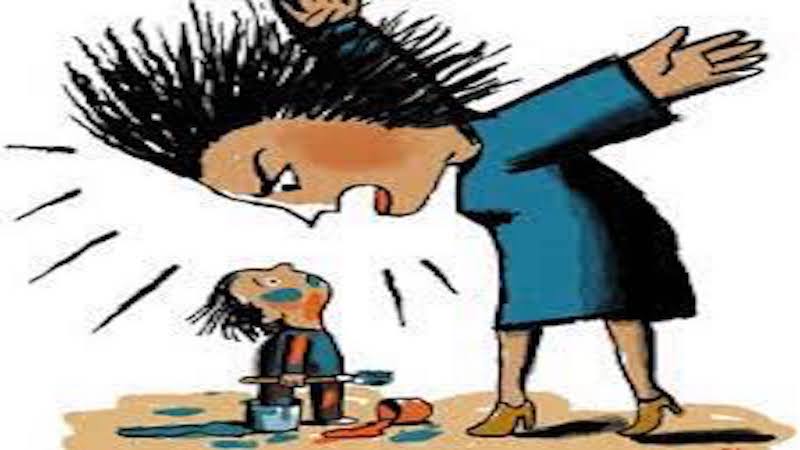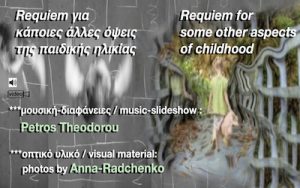In both art and folk culture, the rehabilitation of the threatening
and considered ugly aspects within our Shadow through assigning the task to Others, often seems to be possible.
For example, in various horror stories with ghosts, demons and spirits, when the hero uncovers the truth about the injustice and violence that caused the ghost to haunt the scene of the crime in its search for justice, then the ghost finds peace and departs; the hero is usually presented as the one who can break the spell of the haunting, offering justice and peace to the ghost.
Fairy tales almost invariably reach a happy ending. The frog,
who needs to be kissed as a frog so that he can become a prince, needs to assign to someone else the task of saving him by deleting his Shadow (that is, by accepting his ugliness), so that such acceptance may bring about metamorphosis. In fact he is waiting for the appearance of the good fairy, or princess, who by kissing him now as a frog (accepting his ugly aspect) will break the past spell cast by some wicked witch, and rehabilitate him as a prince.
The good princess or fairy is, of course, nothing more than the other side of the evil witch – here we have two aspects of the same figure, actually of the “mother” (of the ancient matrix that enfolded us as infants). The evil side of this primitive matrix/mother saw the prince as a baby, ugly: she reflected his image as a frog. From then on, the frog tries to encounter the other aspect, the good mother; only then, when the good mother has been integrated with the evil one, will there be re-established within him the wholeness of the one complete mother – and the prince will find his own serenity.
Something analogous to the frog’s story occurs with the Beast,
the monster who cruelly mistreats the young women of the village who serve him in his castle, until Beauty, with her patience, endures his Shadow (his bad behaviour), breaks the old spell through her patience and acceptance, and the hideous monster becomes a handsome prince. In a similar way, the prince awakens Snow White and the Sleeping Beauty with the kiss of true love – a beautiful metaphor for how our alienated aspects are frozen in time and then awoken only through what is classically called true love, meaning true, unconditional and full acceptance.
However, in real life today’s bad guys very often remain bad and very alive
without paying any kind of cost for what they do … Moreover, many worthy poor people get ill and are unfortunate, while many worthless rich people remain healthy and prosper, contrary to common ideas of “universal justice”.
So, when the princess is finally persuaded and gives that kiss, then the fairy tale in some sense cheats. It cheats because we know that no kiss in the present can turn the clock back and change or erase the past, which is something we can only accept and not influence per se.
Perhaps, beyond delusions of transcendental justice,
our only way to actually move through this life is to accept that we are beautiful even when we feel like frogs; that we do not need permission to become, or to feel, beautiful by means of the kiss of some merciful princess who accepts our ugliness.
The theme of this book of Shadows
is about how some aspects of ourselves seem to escape us and, even if they are non-conscious and non- mentally perceived, they are able to critically affect whatever we are doing or not doing at any moment. It is a visit “down there”, at the sanctuary of our moments and of our selves.
This book is actually a thorough study and at the same time a proposal
about (a) the grandeur (and the drama) of how our experience is composed on both a micro (no-conscious) as well as on a macro (conscious) scale, (b) the architecture of the Shadowed “home” of what is usually called “inner child” – who is not only sad but also very angry…
SHADOW: our silent companion through life’s journey
INFO: [378 pages] [14,2 X 20,2 cm] ISBN 978-618-00-1371-9
1st edition in English: 100 numbered and signed copies.
This edition is published by the author and is to be distributed exclusively
in Greece or delivered in other countries only by order to the author:
[email protected] +30-6977-210469 +30-2310-262872
[email protected]
A video in first person on the central
ideas of the book and its features
2 short videos (no-words) on the ideas of the
SHADOW and the INNER CHILD




